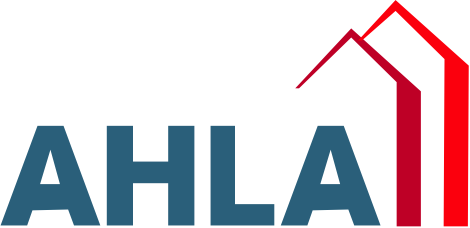Washington, D.C. (September 29, 2015) In conjunction with today's U.S. House of Representatives Energy & Commerce Committee, Subcommittee on Commerce, Manufacturing, and Trade hearing on the sharing economy, the American Hotel & Lodging Association (AH&LA) submitted a statement for the record to add the hotel industry's voice to the continued dialogue on how these new platforms affect consumers, businesses, and our economy. The hearing was titled: The Disrupter Series: How the Sharing Economy Creates Jobs, Benefits Consumers, and Raises Policy Questions.
Read AH&LA's full testimony below:
On behalf of the 1.8 million employee U.S. hotel industry, the American Hotel & Lodging Association (AH&LA) applauds Chairman Burgess and Ranking Member Schakowsky for holding a hearing today on the sharing economy. Today's discussion is an important one to explore the impact these new online platforms have on consumers, businesses, and our economy. Earlier this summer, in June, AH&LA also participated in the first federal discussion regarding the sharing economy as part of the Federal Trade Commission's (FTC's) workshop on this topic. We look forward to working with the Committee as it considers these issues and the appropriate role for the federal government.
Competition is a hallmark of the lodging industry. It creates new ways to improve the guest experience while creating a better and stronger business model, driving growth, more jobs, and innovation. Our members embrace and have thrived in a highly competitive business where everyone plays by the same rules. However, there is now an un-level playing field involving some newer market players in the short-term online arena that are compromising consumer safety, endangering the character and security of residential neighborhoods, and avoiding their regulatory and tax obligations.
We believe short-term online rental companies have obligations to uphold, including taking reasonable steps to facilitate compliance with commonsense safety, security, health, and fire standards and paying their fair share of taxes. We also believe that significant commercial enterprises indeed, illegal hotels and inns need to be reined in.
As multiple reports have revealed, some hosts are using these platforms to rent out multiple units, essentially operating them as illegal hotels. For example, the New York State Attorney General found that just 6% of hosts renting out properties on Airbnb in New York City collected 37% of the total revenue for the company in New York City, leading to the conclusion that these hosts were offering multiple units and running commercial lodging businesses. Further, a study by the San Francisco Chronicle found that 60 percent of Airbnb's local listings are entire homes, undercutting the notion that guests and hosts are simply sharing spaces. The Chronicle also found that 205 super hosts existed who controlled 3 or more listings. Finally, in Los Angeles, the Los Angeles Alliance for a New Economy found that hosts renting out two or more entire homes were responsible for 35 percent of Airbnb's revenue.
In some jurisdictions these short-term rentals are clearly illegal, while in others they may violate existing zoning, licensing, or other laws in place to protect consumers and the safety and integrity of communities. For example, the New York State Attorney General found at least 72% of Airbnb listings in New York City are illegal under city and state law, and legal action has been taken against property owners in a number of cities for operating short-term rentals. Online platforms, such as Airbnb, should not be enabling or encouraging illegal actions.
We appreciate Congress and other federal agencies such as the FTC beginning to explore the appropriate federal role regarding regulation and oversight for the sharing economy. That said, many issues surrounding the emergence of short-term rentals are being decided at the state and local level. To that end, we believe state and local jurisdictions should ensure that:
- Hosts register and obtain a business license and other applicable transient occupancy or vacation rental permits.
- Short-term online companies are not enabling or encouraging illegal activity.
- Basic health, safety and cleanliness standards are met.
- All taxes and fees are paid.
- Zoning laws are followed.
- Appropriate levels of insurance are in place to protect homeowners, guests and communities.
The hotel industry looks forward to working with Congress, the Administration, and city and state governments to promote these goals and develop policies to ensure that short-term rental platforms, and their users who are engaged in commercial transactions, respect the rules of the road and protect the safety and security of guests and surrounding communities.

